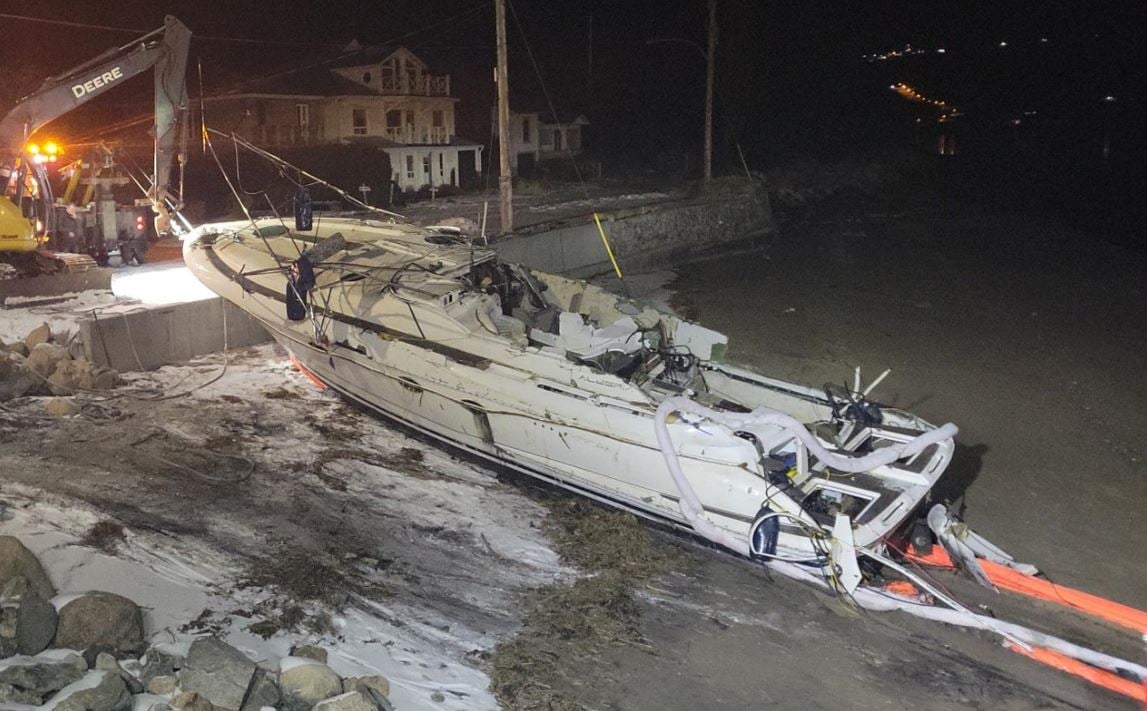The average assessment rate for New Brunswick employers in 2017 will increase from $1.11 per $100 of payroll to $1.48 per $100 of payroll. It’s the first increase approved by the board of directors since 2010.
Over the last six years, the average rate declined from $2.08 in 2010 to $1.11 in 2016.
Recent benefit policy changes and a declining funding position were major factors in the board’s decision to increase the average assessment rate for 2017.
Increasing claim costs, mainly as a result of changes to benefit policies coupled with a slight increase in accident frequency, have led to a reduction in WorkSafeNB’s funding position.
New Brunswick’s accident frequency rate increased slightly in the first six months of this year to 2.95 per 100 full-time equivalents, after a continued decline over the last five years. In 2015, the rate was 2.76. Furthermore, the wage replacement and health-care benefits associated with each claim have increased significantly.
When WorkSafeNB’s funding position is above the board’s target of 110 per cent, policy directs the board of directors to reduce the funding level by lowering the assessment rate. In previous years, New Brunswick employers received a significant reduction in lower assessment rates because of WorkSafeNB’s strong funded position. The 2016 rate contained a $0.43 reduction. The 2017 rate will contain a smaller reduction of $0.23 as WorkSafeNB’s funding position moves closer to its target of 110 per cent funding, the agency said.
The average rate increase will see assessed premiums increase for most employers. Individual employers will see smaller or larger increases based on their accident experience.
Over the last six years, the average rate declined from $2.08 in 2010 to $1.11 in 2016.
Recent benefit policy changes and a declining funding position were major factors in the board’s decision to increase the average assessment rate for 2017.
Increasing claim costs, mainly as a result of changes to benefit policies coupled with a slight increase in accident frequency, have led to a reduction in WorkSafeNB’s funding position.
New Brunswick’s accident frequency rate increased slightly in the first six months of this year to 2.95 per 100 full-time equivalents, after a continued decline over the last five years. In 2015, the rate was 2.76. Furthermore, the wage replacement and health-care benefits associated with each claim have increased significantly.
When WorkSafeNB’s funding position is above the board’s target of 110 per cent, policy directs the board of directors to reduce the funding level by lowering the assessment rate. In previous years, New Brunswick employers received a significant reduction in lower assessment rates because of WorkSafeNB’s strong funded position. The 2016 rate contained a $0.43 reduction. The 2017 rate will contain a smaller reduction of $0.23 as WorkSafeNB’s funding position moves closer to its target of 110 per cent funding, the agency said.
The average rate increase will see assessed premiums increase for most employers. Individual employers will see smaller or larger increases based on their accident experience.





